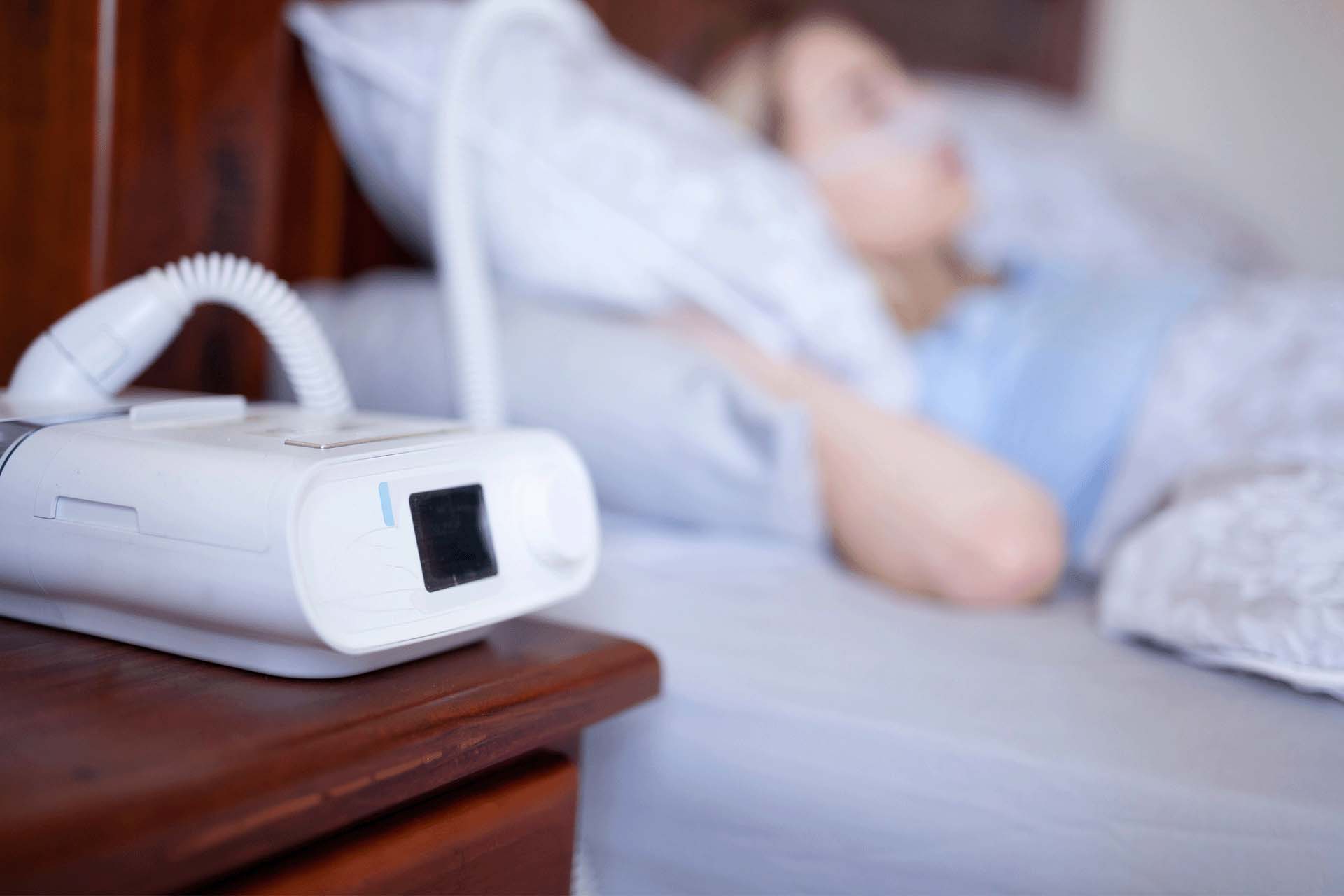ADVERTORIAL

FDA Recalls Phillips CPAP Sleep Apnea Machine
Philips Respironics has received numerous complaints from customers about black debris or particles in the airpath circuit of their mechanical ventilators, BiPAP, and CPAP devices.
The FDA issued a Class I Recall for the devices, the most serious type of recall for CPAP and BiPAP devices, as well as a series of mechanical ventilators manufactured and sold by Philips Respironics. On June 14, 2021 Philips Respironics issued a recalled and notified customers of the defective CPAP devices. Reports indicate the sound abatement foam used by the manufacturer is susceptible to emitting toxic particles and gases into the airways of the users. Consumers were alerted by the U.S. Food and Drug Administration (FDA) on June 30, 2021, that millions of medical devices manufactured by Philips Respironics, a U.S. subsidiary of Royal Philips, had been recalled. Philips estimates that 3 to 4 million devices may have been affected by this defective sound abatement foam. The problem is related to polyester-based polyurethane (PE-PUR) foam which is a sound-abatement component of certain CPAP devices made by Philips breaks down and inhaled directly into the CPAP user. Some consumers of the recalled Philips CPAP devices have reporting black debris in the breathing tubes. The sound-reducing polyester-based polyurethane (PE-PUR) foam used in the devices was found to:
- Degrade and break down into black particles that can enter the device's airpath and be swallowed by the user
- Expose the user to dangerous and potentially carcinogenic chemicals that can then be inhaled
The foam degradation can cause serious injuries and may be exacerbated by the use of unapproved cleaning methods (like ozone), as well as by high-heat and high-humidity environments.
A Class I recall is the most serious type of recall issued by the FDA. It is issued when there is a “reasonable probability that the use of or exposure to a violative product will cause serious adverse health consequences or death.”
What Phillips Respironics Products Are Affected?
The affected devices are believed to have been distributed from July 2009 until April 2021. Many of the recalled machines are part of the first-generation DreamStation product line. Different models of a variety of Philips’ sleep and respiratory care devices have been affected by the recent product recall, particularly:
- Bi-level Positive Airway Pressure (Bi-level PAP or BiPAP) Devices
- Continuous Positive Airway Pressure (CPAP) Machines
- Mechanical Ventilators
Of the estimated 3-4 million recalled Philips devices, roughly 80% of the affected products are CPAP machines, particularly those in the first generation of DreamStation machines.
Philips Ventilator, BiPAP, and CPAP Recall List
Philips Respironics mechanical ventilators, BiPAP, and CPAP machines affected by the recall include:
- A-Series BiPAP A30® and Hybrid A30®
- A-Series BiPAP A40®
- A-Series BiPAP V30 Auto®
- C-Series ASV®
- C-Series S/T® and AVAP®
- Dorma 400®
- Dorma 500®
- DreamStation®
- DreamStation ASV®
- DreamStation Go®
- DreamStation ST® and AVAPS®
- E30®
- Garbin Plus®, Aeris®, LifeVent®
- OmniLab Advanced+®
- REMstar SE Auto®
- SystemOne ASV4®
- SystemOne (Q-Series)®
- Trilogy 100®
- Trilogy 200®
Injuries Linked to Phillips CPAP and BiPAP Machines
According to the FDA and the Press Release issued by CPAP manufacturer Royal Philips, the recalled devices have been linked with a number of potentially serious health complications. In some cases, the injuries may be catastrophic, resulting in long-term or permanent impairment.
In the case of the Philips CPAP, BiPAP, and ventilators, it is believed that the polyester-based polyurethane (PE-PUR) sound abatement foam, used to reduce the sound and vibration of the machines, degrades over time. The breakdown of this foam can release harmful chemicals and particulate matter into the device, which is then inhaled or swallowed by the user.
Potential risks associated with the chemical emissions from the type of foam (PE-PUR) used in these devices can be life-threatening and include:
- Cancer (particularly in the kidneys, liver, and lungs)
- Cough and chest pressure
- Damage to the kidneys, liver, or lungs
- Headaches or dizziness
- Sinus infections
- Upper airway infection
- Stroke
- Pneumonia
- Asthma
When ingested, these toxic chemicals and particles may cause serious injury. As noted by the FDA in the June 30 Safety Communication, the injuries can be “life-threatening, cause permanent impairment and require medical intervention to prevent permanent damage.” If you have used or are continuing to use one of the affected devices, it is strongly recommended that you consult with your healthcare provider.
Philips Respironics has recalled certain mechanical ventilators, BiPAP, and CPAP machines due to potential health risks, including cancer. If you’ve used a Philips sleep apnea machine and experienced injuries or illnesses as a result, you may be eligible to receive financial compensation through a Philips CPAP lawsuit.
What Do You Need To Do To Claim It?
Step 1: Click the red button below.
Step 2: On the next page, answer a few questions about your personal situation (takes 30 seconds).